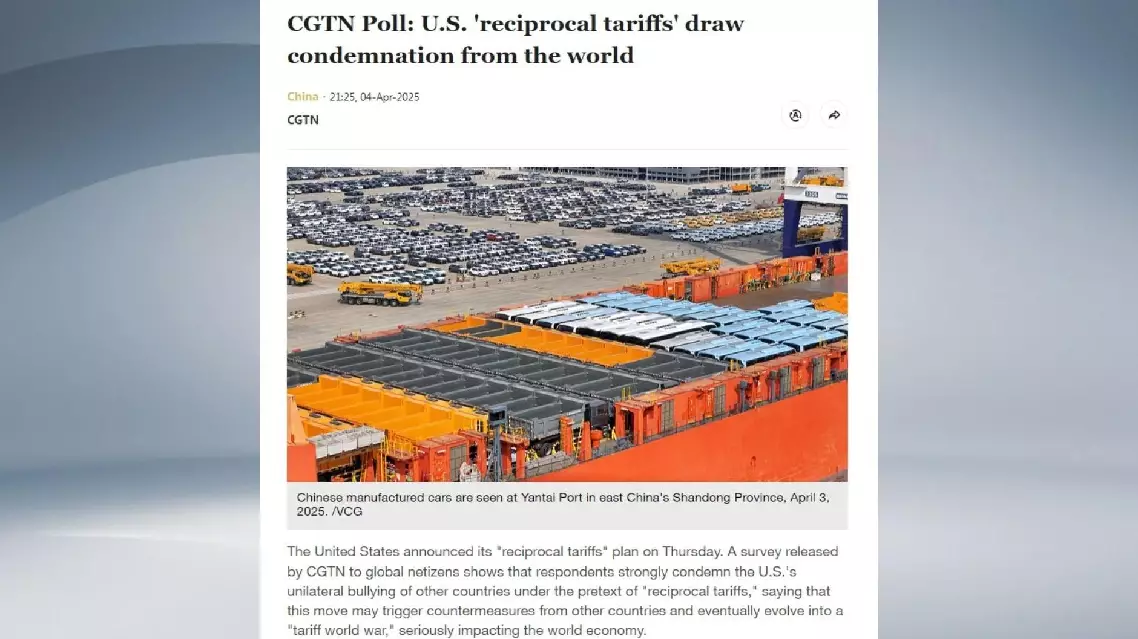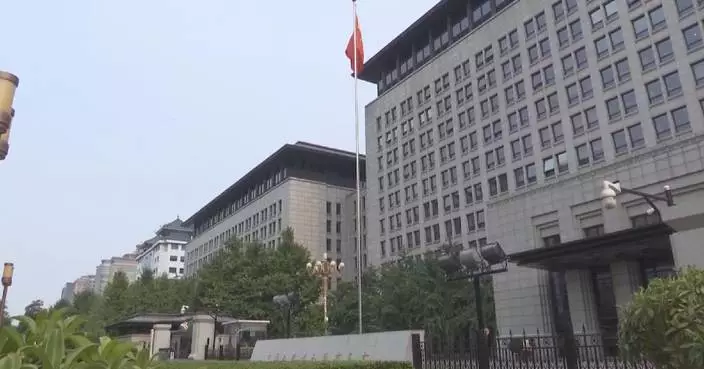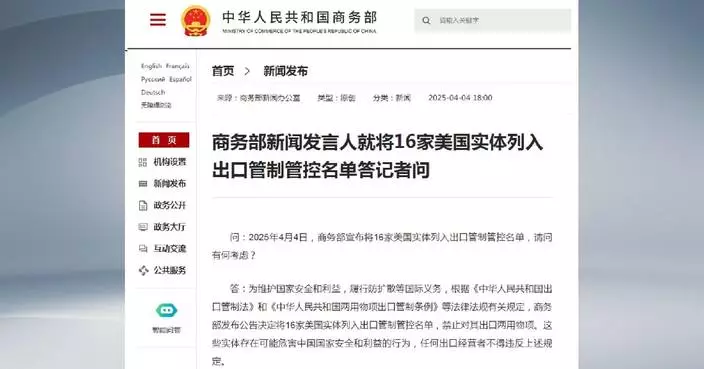Major Chinese banks increased their financial support to key sectors as well as their loans to corporates and individuals in 2024, as they threw their weight behind the nation's economic development and the stability of the housing market, according to recent annual results announcements.
"To promote modernization, we increased capital allocation to the manufacturing sector and to support the implementation of major national strategies and security capacity building in key areas, the implementation of large-scale equipment upgrades and consumer goods trade-in programs, food and energy security, and the construction of affordable housing and public infrastructure for both normal and emergency use and the renovation of shanty towns in cities, as well as to better serve coordinated regional development. Medium and long-term corporate loans increased by 1.2 trillion yuan (about 170 billion U.S. dollars) compared with the beginning of the year. With a focus on technological upgrading and equipment renewal projects, outstanding loan balance to the manufacturing sector reached 4.4 trillion yuan," said Zhang Shouchuan, Senior Executive Vice President of Industrial and Commercial Bank of China Limited (ICBC).
In an effort to further promote the high-quality development of China's private enterprises, the country's major banks have also been implementing action plans to make targeted policies for them.
"By the end of last year, the Bank of China’s outstanding loan balance to private enterprises surpassed 4.42 trillion yuan, marking an 81-percent cumulative increase over the recent three years. We will further enhance the professionalism of our cross-border financing, international settlement, and overseas investment services to help private enterprises go global. The scale of financing for private enterprise projects that we plan to support in 2025 will exceed five billion U.S. dollars," said Zhang Hui, President of the Bank of China.
More efforts are expected in 2025 to ensure the healthy development of China's real estate market, according to the annual results announcements from the major banks.
"We will take advantage of the positive changes in the housing market, cooperate better with high-quality real estate developers, real estate agents and housing provident fund centers and connect better with our clients. We will continue to improve our product policies, financial service plans and business processes. We will also increase mortgage loans to buyers of new houses and resale houses in cities and counties to help effectively unleash the potential of residents' demand for essential and upgraded housing," said Lin Li, Executive Vice President of the Agricultural Bank of China.
"In 2024, the number of our individual mortgage loan clients surpassed 15 million, with new loan disbursements reaching 726.3 billion yuan, both maintaining leading positions in the market. In 2025, we will take advantage of the supportive policies like the lower payments in the housing market, lower taxes and fees, and the growing market activity to effectively implement the package of incremental policies and to help promote real estate financing coordination mechanisms and the financing for micro and small enterprises," said Zhang Yi, President of China Construction Bank.

2024 sees increased loan portfolios, financial support to key sectors by major Chinese banks


















































